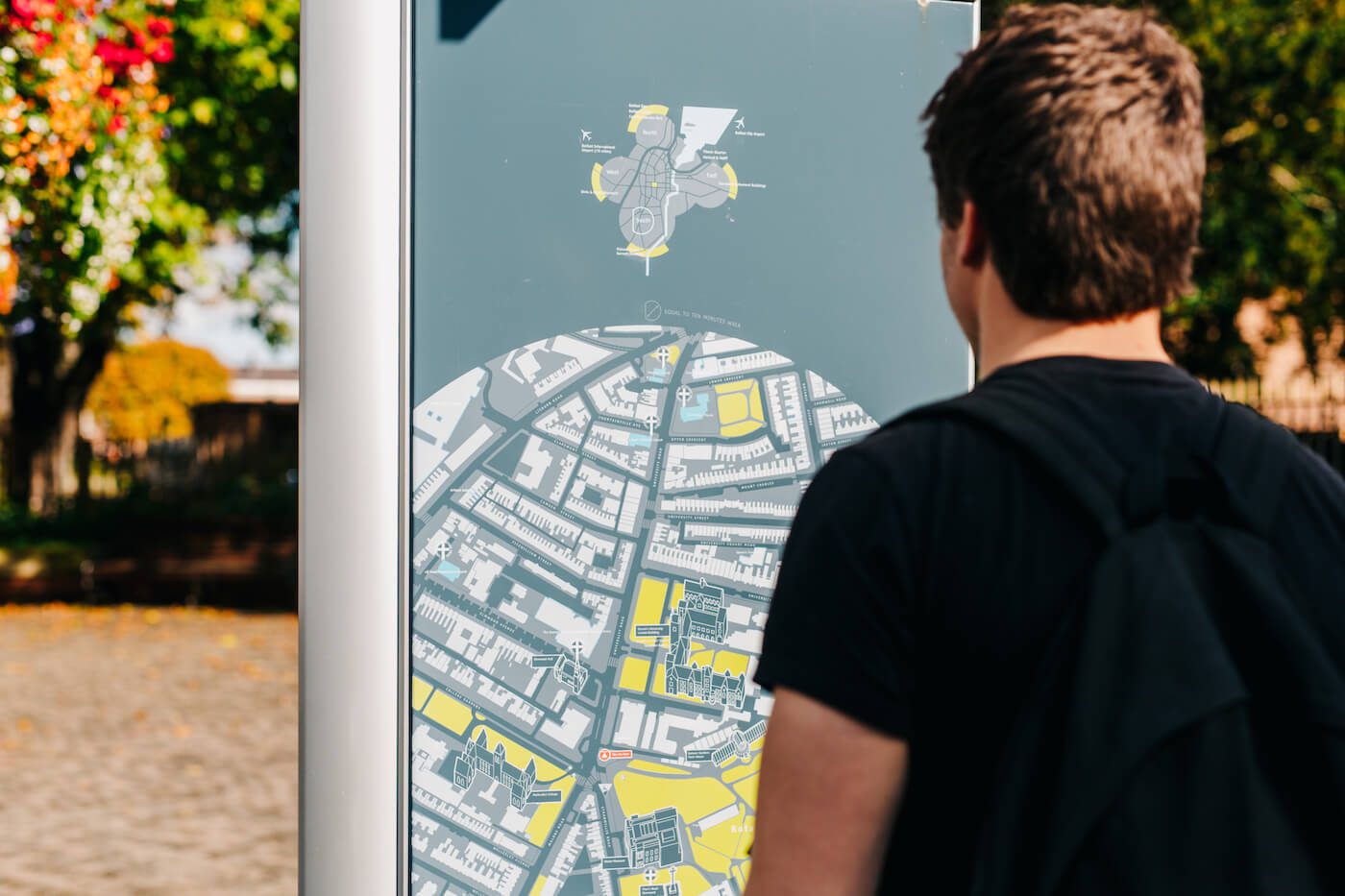Love it or hate it, Love Island was the tv talking point of the summer. Aside from hours and hours of tanned skin and small talk by the pool, it gave us some useful lessons on what it means to be loyal. Loyalty was extolled as the number one virtue to have – loyalty to your friends, to your own morals, to your romantic partner. We’d all like to think we are a loyal friend, but how often do we encourage and reward loyalty in our audiences?
Last week I attended another fantastic Arts Marketing Association conference where I got to meet lots of interesting people from the UK, ROI, and beyond, and hear about the latest developments in arts marketing. Presentations from TRG arts and New Zealand Festival reminded me that many of us in the cultural sector could focus more on rewarding loyalty, instead of chasing new and one-off attendees.
It’s very easy to keep looking for the new customers – and of course we should be doing a certain amount of this all the time. But research shows that it costs between five to 25 times more to attract a new customer than to retain an existing one. There are even greater rewards to be had from audience re-attendance, as customers travel further down the loyalty path. A one-off ticket buyer can be persuaded to book again, someone who books multiple times in a year could become a subscription member or season ticket holder, and that season ticket holder could become a strong advocate or donor for your organisation.
So here are some steps you can take to build loyalty into your overall audience development strategy.
Check out the data
Have a look at your box office data and find out what percentage of your customers come once and never return. These are the people with the greatest potential for you to start encouraging loyalty. Do you have a plan for how you invite first-time attendees back? What if they don’t respond to your first offer?
As well as thinking about how you might tempt back a one-off ticket buyer, take a look at your most loyal attendees, and give them a little love too, so that you start rewarding loyalty and retain your most valuable visitors year-on-year.
Ticketing strategy
When we’re planning a trip abroad, we know that booking last-minute runs the risk of extremely expensive flights. We know that we can get our tenth coffee free if we keep coming back to the same café. We know this because companies have trained us to think this way – so why not take the same approach in the arts? After all, we’re offering a much better product than a cup of coffee or a low-budget flight to Europe.
Discounting last-minute tickets sends a message to our audiences to wait to book, and punishes your most enthusiastic fans who have booked early. Slashing ticket prices too much can also devalue your product in the long term. Instead, use Earlybird discounts to get that first batch of tickets sold, and reward those who have signed up to your mailing lists, or who have booked before with you.
Of course, it’s never nice to be in the situation of having lots of tickets to off-load in the week before a performance, but by focusing efforts on selling tickets earlier, you should have time to do a more targeted marketing push in the final weeks if sales are slow. Consider offering a free ‘bring-a-friend’ ticket to those who have already purchased if you need to fill up the house.

If you don’t run ticketed events…
Your newsletter mailing list can be the basis for rewarding loyalty. Announce new shows first to newsletter subscribers, and invite them to exclusive openings or VIP nights. You could potentially partner with nearby cafés or bars to offer discount packages too.
Use Mailchimp’s link-click tracking to see what people are clicking on and how often. You can then segment your mailing list based on interest and enthusiasm.
Programming
If you’re trying to convince people to re-attend, there needs to be something on that’s relevant to them. Your programming may already by geared to one specific audience, but if it’s more of a mixed bag think about what strands will be of interest. There can be a lot of cross-over too, someone who goes to a family show, may also want a couples evening out. If you have box office data, check it out to see where there’s cross over within your own offer.
When you know you have a sell-out show or popular event coming up, this can be the perfect time to contact lapsed subscribers or one-off bookers to convince them to come back.
The arts can be a great way to build community and meet other people. Give your audience members the chance to do this by running social events within your programme. The Naughton Gallery in Belfast used to host Art in the AM, a monthly chat with artists and curators in coffee shops around the city. Regular events like these can create a sense of membership and belonging in an organisation, increasing the chances of an attendee coming back again and again.

The personal touch
TRG arts gave a great example of rewarding loyalty in their AMA presentation. They talked about how New Wolsey Theatre in Ipswitch rewards its season ticket subscribers with a personal thank card on their theatre seat at their first show of the season. It thanks them for their subscription, and gives a personal phone number for a named person to help them make the most of their subscription – along with a nice photo and signature too.
Maybe your gallery or museum invigilator has noticed someone attending a show multiple times, or coming to every show in a year. Come up with a creative way to recognise them and thank them for their loyalty – it could be a gift of signed postcard from one of the artists, or a personal note from the curator. Asking for feedback and opinion can be a great way to recognise interest. Perhaps they could act as a guest reviewer or blogger, or be invited to join a focus or steering group, or even as a board member?

A balanced focus
Hopefully there are some ideas here that inspire you to implement loyalty rewards in your own organisation. The important thing is to balance your focus between getting new customers through the doors, encouraging one-off visitors to re-attend, and showing your appreciation for your already loyal re-attenders. If, like me, you tend to be overly focused on attracting the newbies, it may be time for a re-think.
Contact us
We’re called thrive for a reason. Let us know how we can best support you – drop us a line any time.

Search our website
Search for free reports, toolkits, audience development tips and more









